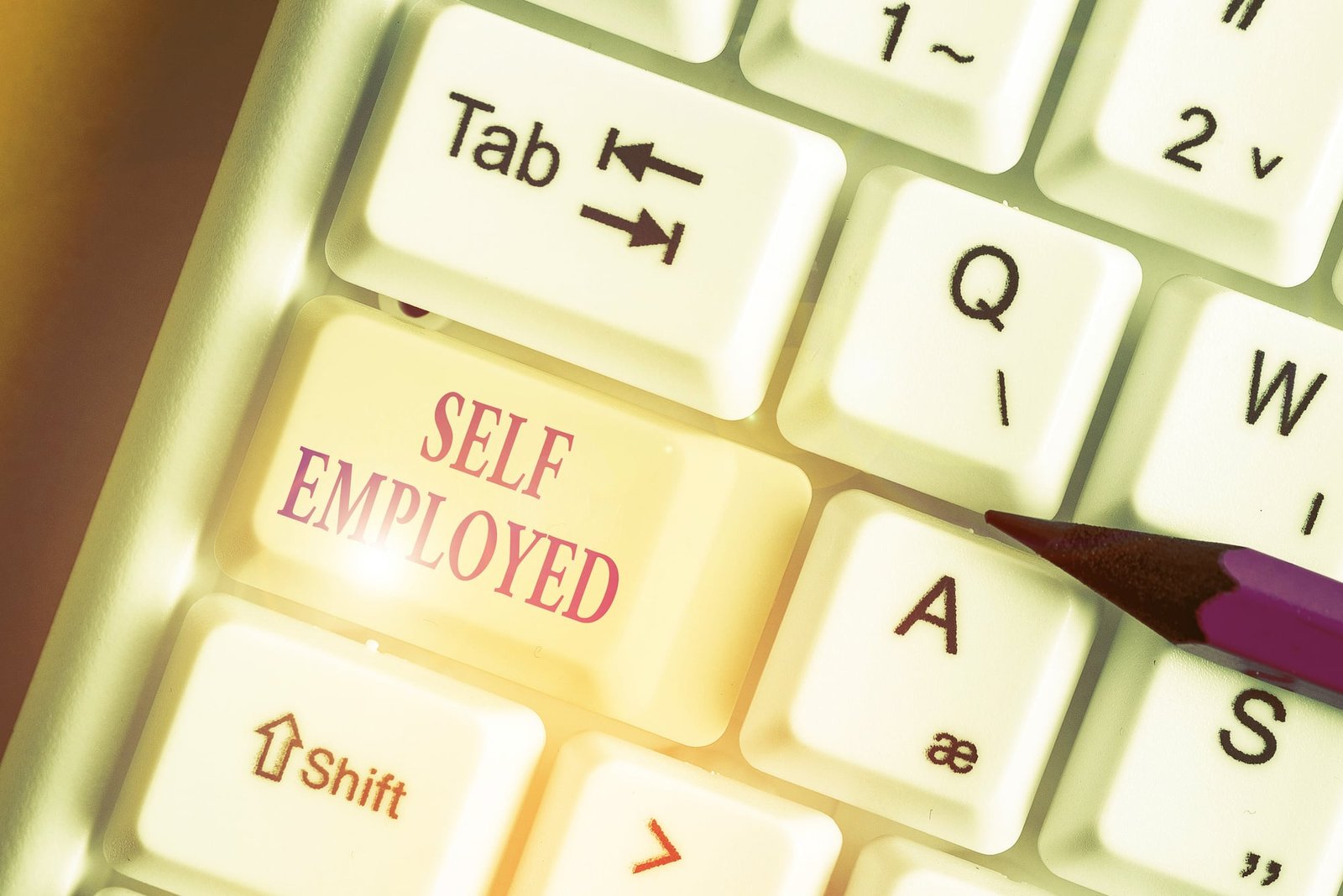
Self-employment is an exciting opportunity for individuals who want to take control of their careers, work on their own terms, and pursue their passions. However, becoming self-employed requires careful planning and preparation. In this article, we will cover everything you need to get started with self-employment.
Why become self-employed?
There are many reasons to work for yourself, but most of the time, it’s best for people who want to do a job they’re passionate about. You might also feel limited by your current job and how it affects your lifestyle. If this is the case, becoming your own boss would give you more control over how you work.
That being said, depending on what industry you work in, being self-employed can be a lot of hard work, so you should carefully weigh the pros and cons before making a decision. Make sure you know how becoming self-employed will affect you in the long run and if it really is a better way to work than other options.
What types of self-employment are there?
There are many different kinds of self-employment, and some are harder than others. However, they all let you work for yourself and build your own business. Some jobs will let you work part-time even if you already have a part-time job.
This is often a good way for people to go from being an employee to a self-employed worker because you still have a job if your self-employment doesn’t work out. This means that there is less risk at first, and you can build up your business before leaving your job to be self-employed full-time. Here are a few of the self-employment options you could take:
- Freelancer
- Consultant
- Small business
- Sole trader
- Startup
Manage your finances
As a self-employed individual, you will be responsible for managing your finances. This includes tracking your income and expenses, paying taxes, and managing cash flow. Consider using accounting software to help you keep track of your finances and consult with a tax professional to ensure you comply with tax laws. You will also need someone to support you with End of Year accounts work, it is often best to use an accounting professional to support you with this. Depending on the size of your business you might also want payroll support to save you time and money, if you would like to learn how Bishop Oak can support you with payroll, please contact us.
Obtain insurance
Self-employed individuals are responsible for obtaining their own insurance, including health, disability, and liability insurance. Consult with an insurance agent to help you determine what type of insurance you need and how much coverage you require. For further information about the types of insurance required and for advice, contact our experienced team who will be happy to assist with any queries.
Network and build relationships
Networking and building relationships are crucial for self-employed individuals. Attend networking events, join professional organisations, and connect with other self-employed individuals to build your network and establish partnerships.
Register for the Construction Industry Scheme (CIS)
If you’re working in the construction industry as a self-employed individual, you will need to register for the Construction Industry Scheme (CIS) in the UK. The CIS is a tax deduction scheme where contractors deduct money from a subcontractor’s payments and pass it on to HM Revenue & Customs (HMRC). The deducted money counts as an advance payment towards the subcontractor’s tax and National Insurance contributions.
To register for the CIS, you will need to provide your personal details, business information, and payment details. You can register online through the HMRC website or by calling the CIS helpline.
Understand HMRC requirements
HMRC is the UK’s tax authority, and as a self-employed individual, you will need to understand their requirements. You will need to keep accurate records of your income and expenses, submit tax returns on time, and pay any tax owed to HMRC. You may also need to register for Value Added Tax (VAT) if your business has an annual turnover of over £85,000. VAT is a tax on goods and services, and you will need to charge VAT to your customers and submit VAT returns to HMRC. It’s important to stay up to date with any changes to tax laws and regulations and seek advice from a tax professional if you’re unsure about anything.
Starting a self-employment journey requires careful planning and preparation. By following these steps, you can set yourself up for success and pursue your entrepreneurial dreams. Remember, self-employment can be challenging, but with hard work and determination, you can build a successful business and achieve your goals. Feel free to get in touch with us at any time if you have any enquiries. Helping is what we do best, and we’re always pleased to do it!


